Innovative Methods in Child Maltreatment Research

Jessie Baldwin
Jessie is a Sir Henry Wellcome post-doctoral fellow at University College London and visiting researcher at the Social, Genetic and Developmental Psychiatry (SGDP) Centre at King’s College London. After completing an undergraduate degree in Psychology at the University of Warwick, Jessie undertook an ESRC-funded 1+3 MSc + PhD in Social, Genetic and Developmental Psychiatry, supervised by Professors Andrea Danese and Louise Arseneault. Her PhD (awarded in 2018) examined the role of childhood victimisation in physical and mental health of young people, using data from the E-Risk Longitudinal Twin Study. She then worked as a post-doc before starting a Sir Henry Wellcome Post-doctoral Fellowship in 2019. Jessie’s research focuses on the role of childhood trauma in mental health. As part of this, she is interested in using quasi-experimental methods (e.g., genetically informative designs) to strengthen causal inference about the effects of childhood trauma. She is also interested in the measurement of childhood trauma, and has led meta-analytic research into the agreement between prospective and retrospective measures of childhood maltreatment. Jessie is also enthusiastic about open science and how reproducible methods can be applied to epidemiological research on childhood trauma.
Baldwin slides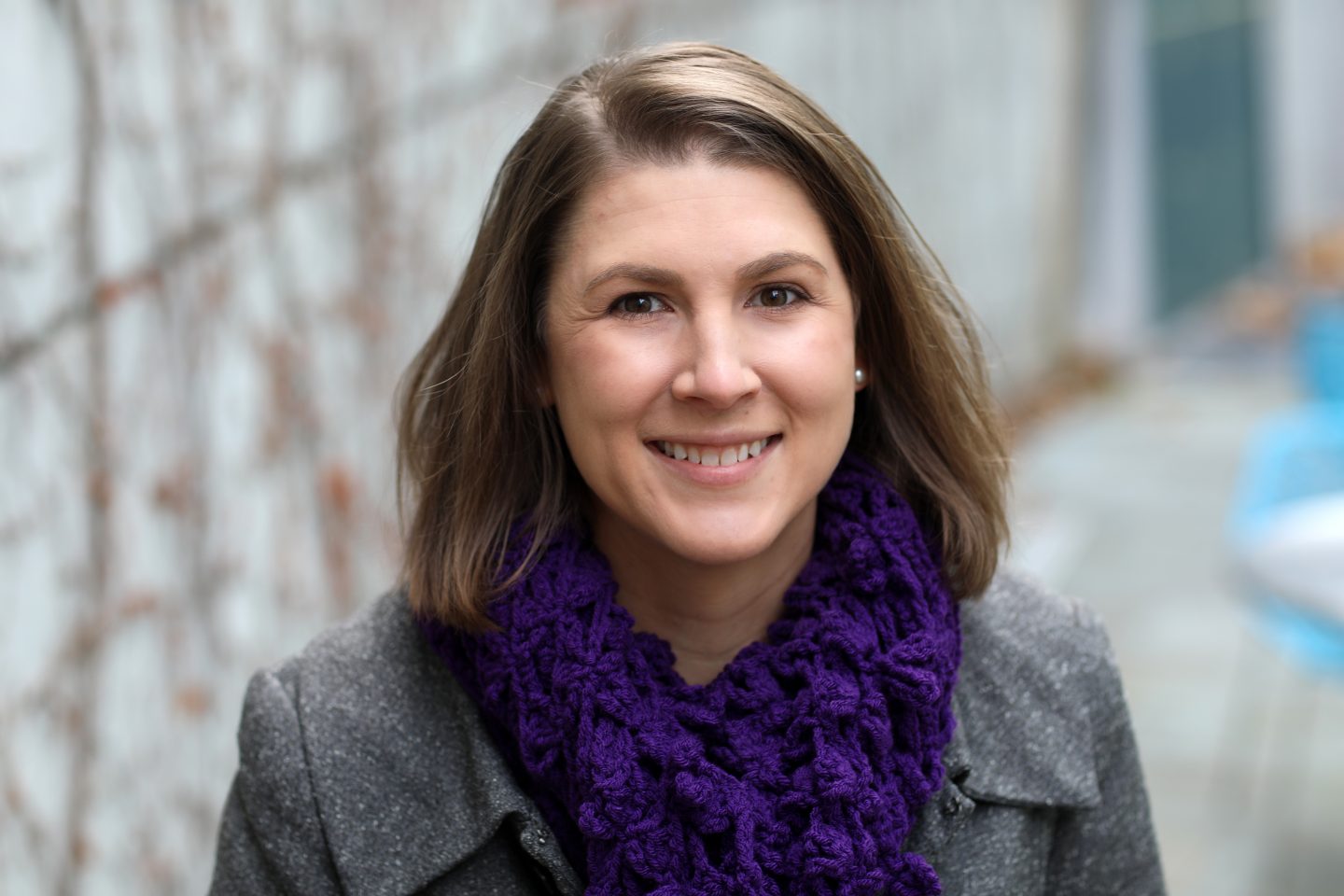
Dr. Beal’s research focuses on the overlap among maltreatment and foster care involvement, adolescent bio-psycho-social development and health risk behavior, adolescent and young adult substance use, and normative adolescent and young adult psychosocial development. Her graduate training in developmental psychology and quantitative methods focused on understanding the role of adolescence in shaping adult trajectories, how child protection and legal systems influence the developmental course, and methodological techniques that support the analyses of complex data to help us understand these processes. Her postdoctoral fellowship in adolescent health further expanded her expertise to better understand development and health outcomes during adolescence and young adulthood. Her funded research has focused on leveraging integrated child welfare and electronic health records to understand how maltreatment, protective custody status, and health risk behaviors shape healthcare utilization and health outcomes longitudinally among adolescents and young adults, and the effectiveness of health interventions on the health and wellbeing of adolescents in custody.
Beal slides
Dr. Gina Dimitropoulos is an Associate Professor at the Faculty of Social Work, University of Calgary, and is cross-appointed with the Departments of Psychiatry and Pediatrics. She is an award-winning clinician, researcher, and mentor who has dedicated her career to bridging knowledge and practice on youth mental health. She is also a globally recognized leader in research on child maltreatment, family violence, innovative treatment options, and service access for youth and young adults with mental health disorders. More recently, her work has focused on developing and testing brief online psychotherapy programs adapted from a transdiagnostic intervention (Unified Protocol for the Transdiagnostic Treatment of Emotional Disorders) for children, youth, and young adults who have experienced significant adversity, including those impacted by mental health concerns, child maltreatment, or in foster care. She has 10+ million in competitive research funding; 69 peer-reviewed journal publications, and 7 book chapters; extensive research experience in randomized controlled trials, mixed methods, health services research and qualitative research; and over 20 years of clinical experience.

Jill Ehrenreich-May, Ph.D. is Professor of Psychology and Pediatrics and Associate Department Chair for Graduate Studies in the Department of Psychology at the University of Miami. She received her Ph.D. from the University of Mississippi in 2002. Dr. Ehrenreich-May is the author of over 140 published works, including several treatment manuals, books and peer-reviewed publications. Dr. Ehrenreich-May's currently funded research includes effectiveness trials regarding treatment of youth emotional distress in community settings. She is perhaps best known for her clinical trials research and evidence-based treatment manuals, including the Unified Protocols for Transdiagnostic Treatment of Emotional Disorders in Children and Adolescents. She currently has research funding from NIH and several foundation sources to support this work. Dr. Ehrenreich-May directs the Child and Adolescent Mood and Anxiety Treatment Program at the University of Miami, which provides evidence-based psychotherapy services to the local community. She is the current Member-at-Large for Science and Practice within the Society for Clinical Child and Adolescent Psychology (Division 53 of the Americal Psychological Association) and the incoming President-Elect of the Association for Behavioral and Cognitive Therapies (ABCT).
Ehrenreich-May and Dimitropoulos slides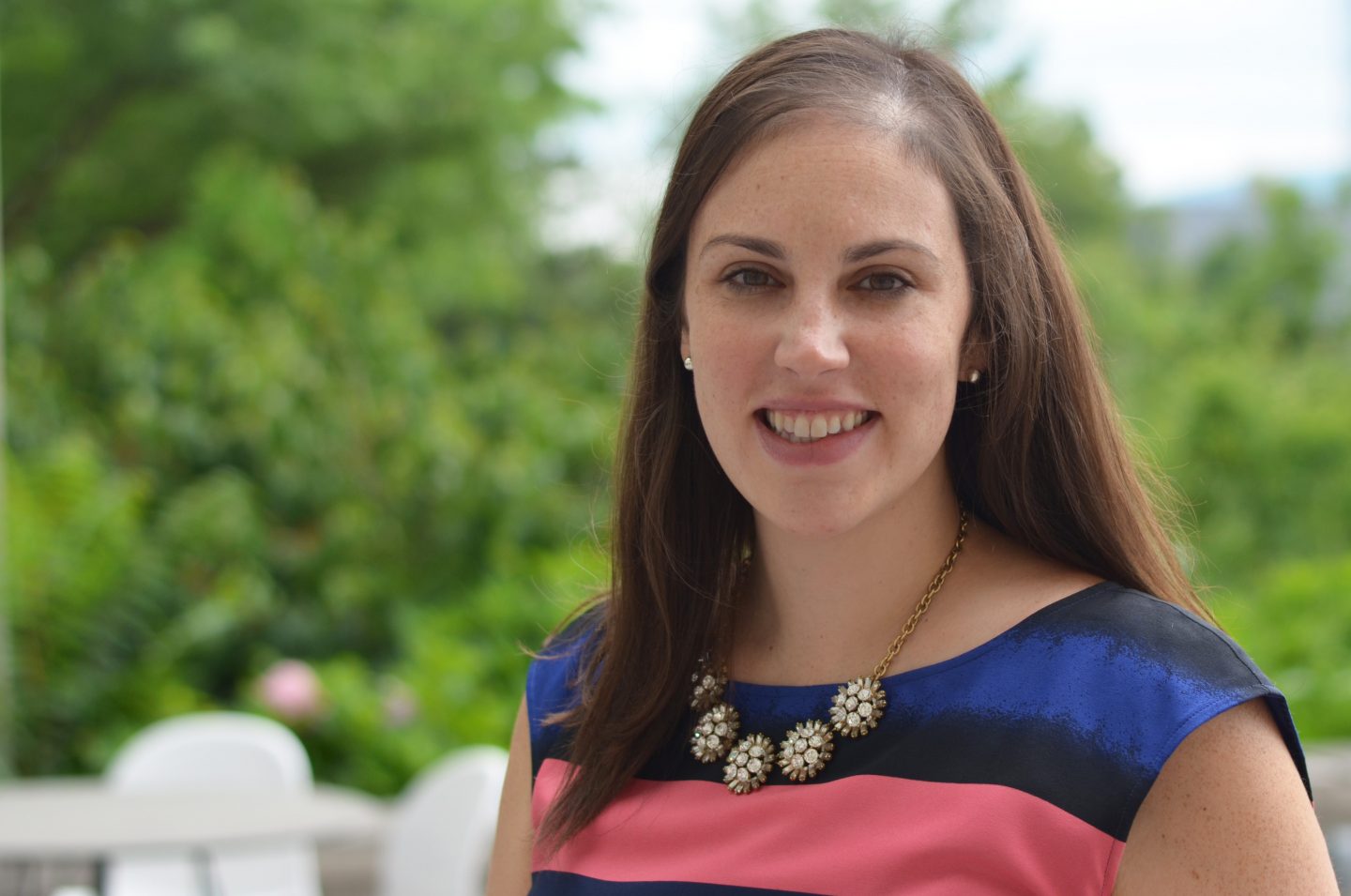
Kate Guastaferro is an assistant research professor at Penn State. She has a doctorate and masters of public health with a focus on prevention science. Kate completed a T32 postdoctoral fellowship in the Prevention and Methodology Training program at Penn State with advanced training centered substantively upon the prevention of child sexual abuse and methodologically on innovative methods for the optimization, evaluation, and dissemination of interventions (e.g., the multiphase optimization strategy [MOST]) with high public health impact. Working at the cutting edge of prevention and intervention science, Dr. Guastaferro’s program of research is devoted to the development, optimization, and evaluation of effective, efficient, economical, and scalable interventions, specifically focusing on the prevention of child maltreatment.
Guastaferro slides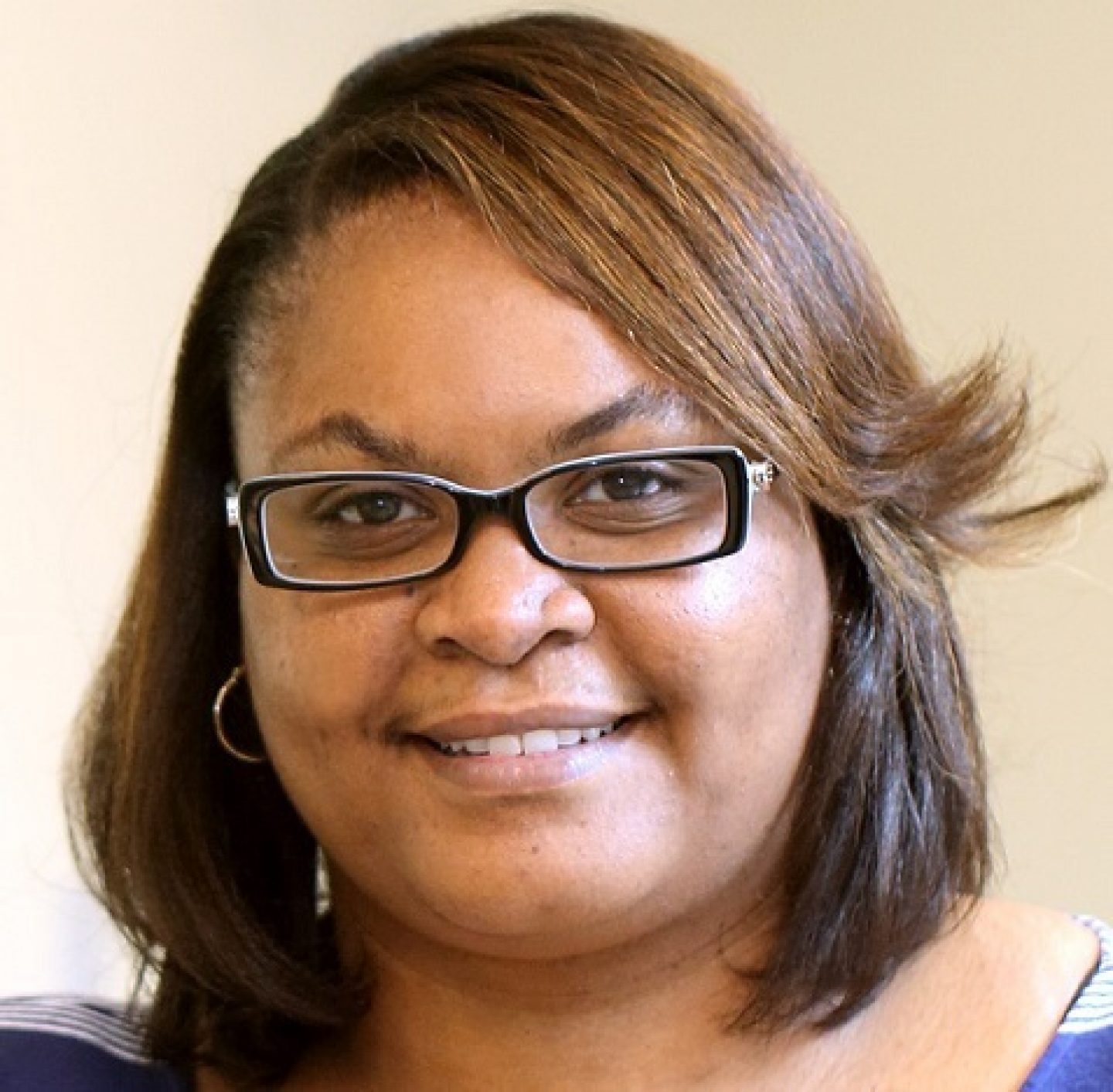
Melody received her B.S. summa cum laude in applied mathematics-statistics and economics (double major) from Stony Brook University. She received her M.S. in biostatistics from the Harvard T.H. Chan School of Public Health and her Ph.D. from the Department of Biostatistics at Harvard University with minors in theoretical statistics and the social determinants of health disparities. She is the Associate Dean for Research and Associate Professor of Biostatistics, in the School of Global Public Health at New York University. The National Institutes of Health, Robert Wood Johnson Foundation, Verizon Foundation, Long Island Community Foundation, Patient Centered Outcomes Research Institute, and Susan G. Komen for the Cure have funded her work. She has over 100 peer-reviewed journal articles and two books (2018 Routledge/Taylor & Francis Group); 1) Public Health Research Methods for Partnerships and Practice and 2) Biostatistics for Clinical and Public Health Research. Dr. Goodman is a biostatistician and research methodologist with a large statistical toolbox. Her research interest is on identifying origins of health disparities and developing, as necessary, evidence-based primary prevention strategies to reduce these health disparities.
Goodman slides
Dr. Kent P. Hymel completed his fellowship training in Child Abuse Pediatrics at The Children’s Hospital, Denver, Colorado in 1996. He has served as the U.S. Air Force Medical Consultant for Child Abuse, and has directed child abuse programs at Inova Fairfax Hospital for Children and at Dartmouth Hitchcock Medical Center. In 2014, Dr. Hymel joined the Center for the Protection of Children at Penn State Hershey Medical Center. He is a Professor of Pediatrics at the Penn State College of Medicine, a past member of the AAP’s Committee on Child Abuse and Neglect, a past President of the Ray E. Helfer Society—the professional society for child abuse physicians, and the Deputy Medical Editor of the Subboard in Child Abuse Pediatrics of the ABP. Dr. Hymel founded and directs the Pediatric Brain Injury Research Network, and is the Principle Investigator of an NIH-funded clinical trial testing the impact of a novel, PICU-based screening tool for pediatric abusive head trauma.
Hymel slides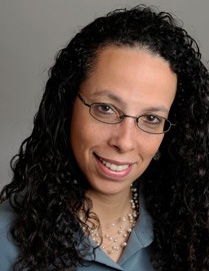
Yo Jackson is a Professor in the Clinical Child Psychology Program at Penn State University and an Associate Director of the Child Maltreatment Solutions Network. Her research focuses on the development of models of the process of resilience for youth exposed to trauma with a specific focus on youth exposed to child maltreatment and the intergenerational transmission of trauma. Her work includes observational and physiological techniques in addition to survey measures in longitudinal and prospective research approaches. She also conducts research on multicultural issues for ethnic minority youth, the development of trauma assessment, and emotion regulation and cognitive functioning for youth and families exposed to adversity. She has also served as clinic director for a community mental health center as well as a teacher of courses on child psychology, developmental psychopathology, clinical child and family intervention and assessment, and diversity issues in clinical psychology. She serves as an Associate Editor for Journal of Consulting and Clinical Psychology and the American Psychologist. She is the principal investigator for several federally funded grants from the National Institutes of Health (NIH) and she is the co-lead of the T32 training grant at Penn State - Creating the Next Generation of Scholars in Child Maltreatment Science. She also serves as co-investigator for the administrative core of Penn State’s Transitional Center for Child Maltreatment Studies-P50 center grant. She has served as a member on several study sections for NIH and in the leadership at the American Psychological Association for over 15 years.
Jackson slides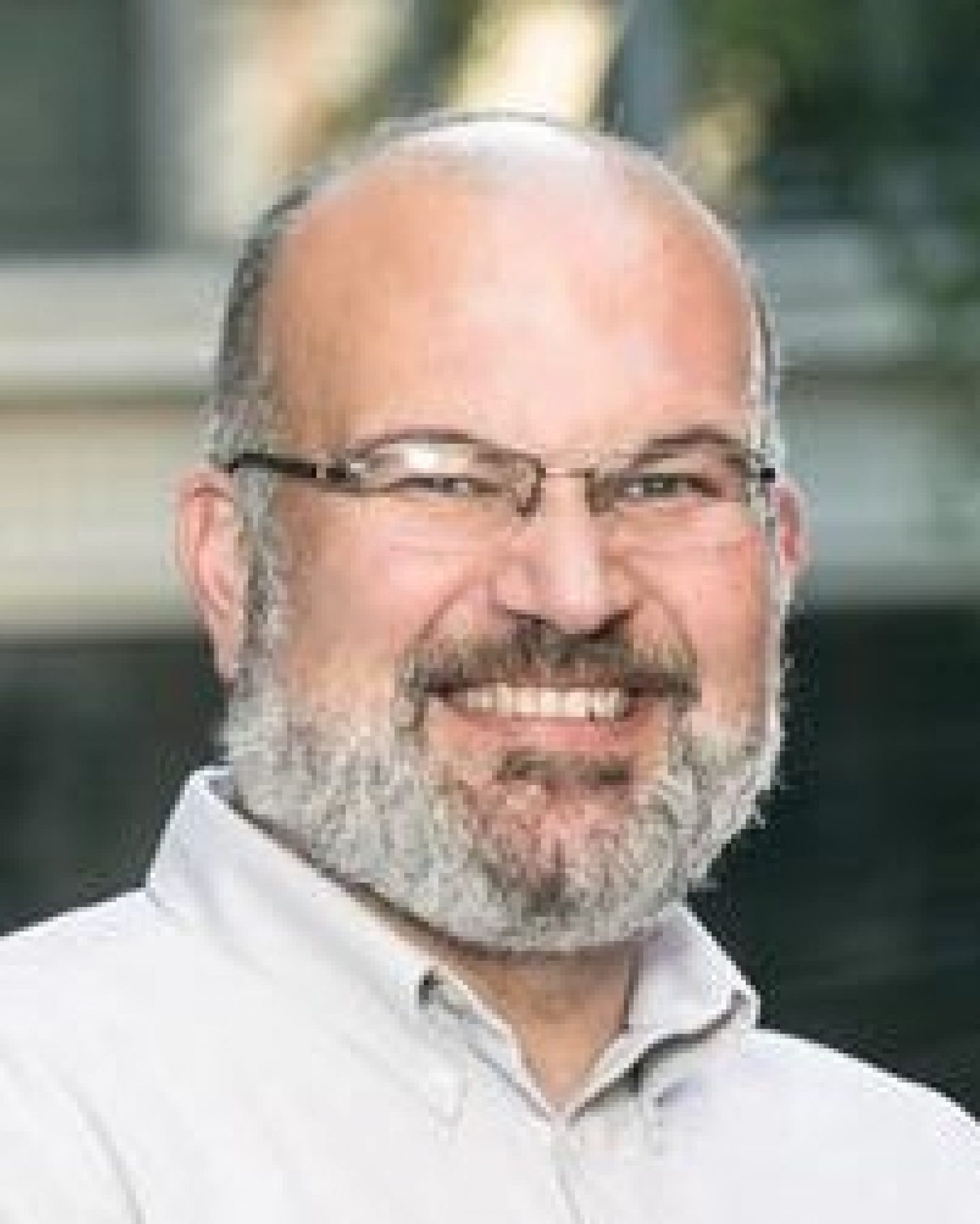
Dan got his start working with at-risk youth in places like Camden, Newark and Atlantic City over 30 years ago. He has a Bachelor’s Degree from Rowan University and Master’s and Doctoral Degrees from Lancaster Theological Seminary. His career has included working with people with intellectual disabilities, providing healthcare at rural and urban Federally Qualified Health Centers, and doing community organizing and anti-poverty work. In December 2019, Dan began serving as the first Executive Director of Governor Wolf’s new Office of Advocacy and Reform where his focus is to create better outcomes for all people whose circumstances have made them vulnerable. In addition to his volunteer roles in the community, Dr. Jurman is also an adjunct professor/guest lecturer at the Penn State Hershey Department of Public Health Sciences and was an adjunct professor at Lancaster Theological Seminary where he co-taught a course on the intersection between Theology and Poverty.
Jurman slides
Linda J. Luecken
Linda Luecken is a Professor of Psychology and the Vice Dean of Faculty at Arizona State University. Professor Luecken researches the biological embedding of early life adversity, and sociocultural risk and protective factors that promote resilience in the context of risk. Her program of research involves studies of the long-term physiological and health correlates of early life adversity; perinatal health in low-income and ethnic minority women; and risk and protective influences on the emergence of biological, behavioral, and emotion self-regulation in low income and ethnic minority infants and children. She has served as PI or Co-I on multiple grants that examine factors that modulate the development of biological regulatory systems and health; risk and protective influences on maternal and infant health; and health and biological stress responses following significant adversity.

David P. MacKinnon, Ph.D. is a Foundation Professor of Psychology at Arizona State University. He has wide ranging interests in prevention research, statistics, and methodology but his primary interest is in the area of statistical methods to assess how prevention and treatment programs achieve their effects. Some of this work has included the evaluation of drug prevention and health interventions for elementary, middle and high school students, fire-fighters, and law enforcement officers. At Arizona State University he is affiliated with the Prevention Intervention Research Center and the Research in Prevention Laboratory. He received the undergraduate degree from Harvard University and the Ph.D. in Measurement and Psychometrics from UCLA in 1986. In 2011 he received the Nan Tobler Award from the Society for Prevention Research for his book on statistical mediation analysis. Dr. MacKinnon has served as Principal Investigator on several National Institute on Health grants. He received the Merit Research in Time Award from the National Institute on Drug Abuse for his research on mediation analysis. He has given numerous workshops in the United States and Europe, has served on federal grant review committees and as a consulting editor, and is a Web of Science highly cited researcher. He is a Fellow of the Association for Psychological Science, Society for Prevention Research, and American Psychological Association Quantitative and Qualitative Methods Division. He is past president of American Psychological Association Division 5.
MacKinnon and Luecken slides
Jennie G. Noll, Ph.D., is a professor of Human Development and Family Studies at The Pennsylvania State University, US. She directs Penn State's Child Maltreatment Solutions Network and is Principal Investigator of the NICHD P50 Capstone Center for Healthy Children as well as the T32 training grant Creating the Next Generation of Scholars in the Child Maltreatment Sciences. Through prospective, longitudinal cohorts studies, her primary research foci include the bio-psycho-social consequences of childhood sexual abuse, pathways to teen pregnancy and high-risk sexual behaviors for abused and neglected youth, the long-term adverse health outcomes for victims of sexual abuse, midlife reversibility of neurocognitive deficits in stress-exposed populations, and the impact of high-risk internet and social media behaviors on teen development. She is also the Principal Investigator of a statewide universal prevention trial aimed at the primary prevention of childhood sexual abuse. Dr. Noll works with local, state, federal, and international policy makers to translate science into evidence-based policymaking that will raise global awareness about the scope and gravity of child abuse and neglect and enhance public investment in prevention and treatment.
Noll slidesDr. Orengo-Aguayo, is an Assistant Professor and bilingual clinical psychologist at the National Crime Victims Research and Treatment Center within the Department of Psychiatry and Behavioral Sciences at the Medical University of South Carolina (MUSC). Her research focuses on addressing mental health disparities among underserved populations (specifically Hispanic youth) through innovative implementation and dissemination methods, including telehealth. She also has an active program of research focused on the cultural adaptation and international dissemination of trauma-focused assessment and intervention. She directs the Puerto Rico Outreach Model in Schools- Esperanza (PROMISE), a SAMHSA-funded program aimed bolstering resiliency and promoting psychological recovery among Puerto Rican youth after hurricane Maria. She also co-directed a USAID-funded program aimed at creating trauma-informed systems and services for children in El Salvador. Dr. Orengo-Aguayo is a Psychological First Aid (PFA) and Skills for Psychological Recovery (SPR) trainer (Spanish and English) and led the translation of the official SPR manual. She is also an expert in Trauma Focused Cognitive Behavioral Therapy (TF-CBT) and has co-trained over 75 psychologists in the Caribbean and Latin America in this treatment modality. Dr. Orengo-Aguayo has published numerous publications on the use of telehealth to deliver trauma focused treatment to undeserved youth in South Carolina and Puerto Rico.
Orengo-Aguayo slides
Dr. Anne Shaffer is an Associate Professor in the Department of Psychology at the University of Georgia, where she also serves as departmental Graduate Coordinator and an Administrative Fellow for Diversity and Inclusion in the Franklin College of Arts and Sciences. Her research encompasses multiple aspects of parenting and family, emphasizing the intersections of emotional maltreatment, emotion socialization and regulation, and emotion communication. Approaching research from a developmental psychopathology perspective, she studies families and close relationships as contexts for risk and protection in development, integrating developmental and clinical theory to describe and predict factors leading to adaptation and/or maladaptation. Dr. Shaffer’s focus on emotion socialization – how parents respond to and teach children about their emotions – is an extension of her research and clinical work on emotional maltreatment as an understudied form of family adversity. Her research aligns with and extends a current focus on parental emotion regulation as an important predictor of parenting behavior by demonstrating associations to unsupportive emotion socialization and negative family emotional climate. This research has contributed to a larger evidence base in highlighting that psychological aggression and emotional maltreatment are family problems that are not currently being treated effectively by existing behavioral interventions. Accordingly, Dr. Shaffer has pursued the development and evaluation of parenting interventions that address emotion communication (i.e., emotion coaching, validation) to fill this gap. Her current research also addresses the measurement of parenting and the family environment, with the goal of identifying assessment methods that are robust and sensitive to cultural differences.
Shaffer slides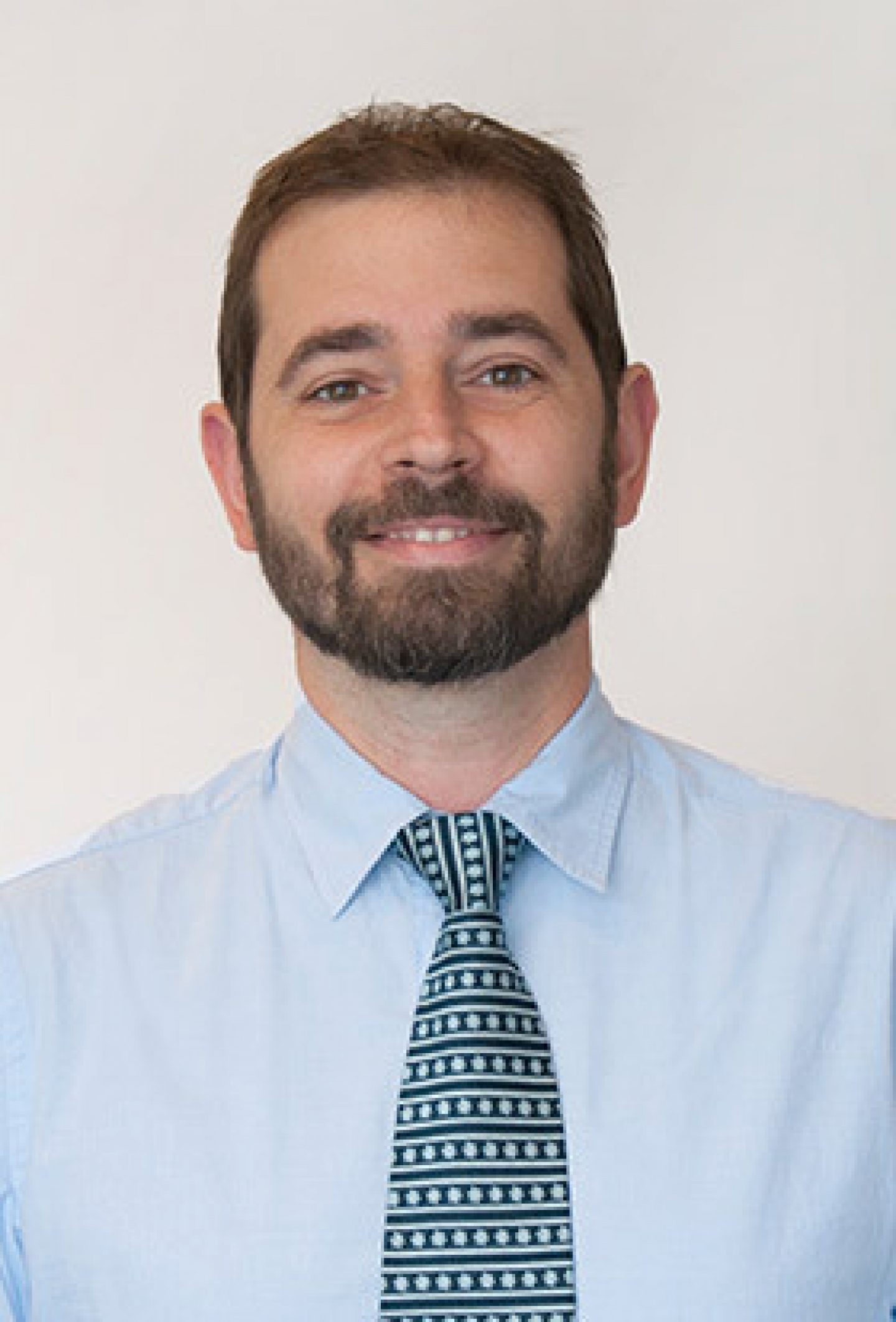
Chad Shenk, Ph.D., is an Associate Professor in the Departments of Human Development & Family Studies and Pediatrics at Penn State. He is also a licensed clinical psychologist with specialty training in trauma exposure and pediatric psychology who actively sees patients exposed to child maltreatment through Penn State’s Department of Pediatrics. Dr. Shenk’s basic science research is centered on improving methods for risk estimation and target identification in prospective cohort studies of child trauma and adverse health across the lifespan. This work identifies biomarkers and mechanisms of various health conditions in the child trauma population using a multiple levels of analysis approach (e.g., biological, behavioral, environmental). His clinical trials and translational research therefore centers on the optimization of behavioral interventions applied following exposure to child trauma by engaging identified targets and mechanisms more effectively.
Shenk slides
Dr. Kristin Valentino is a Professor of Psychology and the Director of the William J. Shaw Center for Children and Families at the University of Notre Dame. Dr. Valentino is also a licensed clinical psychologist. Dr. Valentino’s program of research addresses how maltreatment affects child development with a focus on the caregiving behaviors that may promote risk and/or resilience among maltreating families. She evaluates how interventions may be designed to improve caregiving and, in turn, to improve developmental outcomes for maltreated children. Guiding her research is a developmental psychopathology perspective which emphasizes the interface between normal and atypical development and employs a multiple-levels-of analysis approach towards the study of child development and child psychopathology. Current projects include an NICHD-funded evaluation of the efficacy of Reminiscing and Emotion Training, a brief relational intervention for maltreated preschool-aged children and their mothers, as well as a longitudinal follow-up these families to determine how child- and family-level behavioral and biological mechanisms lead to mental and physical health outcomes among maltreated and nonmaltreated children living in poverty. Dr. Valentino serves as an Associate Editor for the journal Child Maltreatment, and is a Member-at-Large on APA Div. 37 Section on Child Maltreatment’s Executive Committee.
Valentino slides

Susan Wandalowski
Having graduated from St. Joseph’s University with a B.S. in Psychology and the University of Pennsylvania with an M.S.Ed., Sue has over twenty years of experience in child welfare. She began her career managing a transitional living program for homeless youth, followed by work in the foster care and permanency fields. Sue is currently the Director of Human Services for Northampton County in Pennsylvania, where she oversees Drug & Alcohol, Mental Health, Early Intervention, Developmental Programs, Aging, Health Choices, Children Youth and Families, Veteran’s Affairs, Information Referral and Emergency Services, and the county nursing home. As a member of the executive team for Resilient Lehigh Valley, Sue is a champion for trauma informed care across all sectors. In addition, her interest in relying on data for decision making lead her to explore the predictive risk model being used by Allegheny County’s child welfare system. In her capacity as the Director of Human Services for Northampton County, Sue has partnered with Rhema Vaithianathan and Rhema’s team in New Zealand to develop a predictive risk model to aid the Children, Youth, and Families division in their decision making during the call screening and supervisory processes. The goal of the model is to better predict which families require services or interventions while simultaneously reducing unnecessary trauma to families where investigation or intervention is not warranted. Completion of this project is anticipated to occur in early 2022.
Wandalowski slides